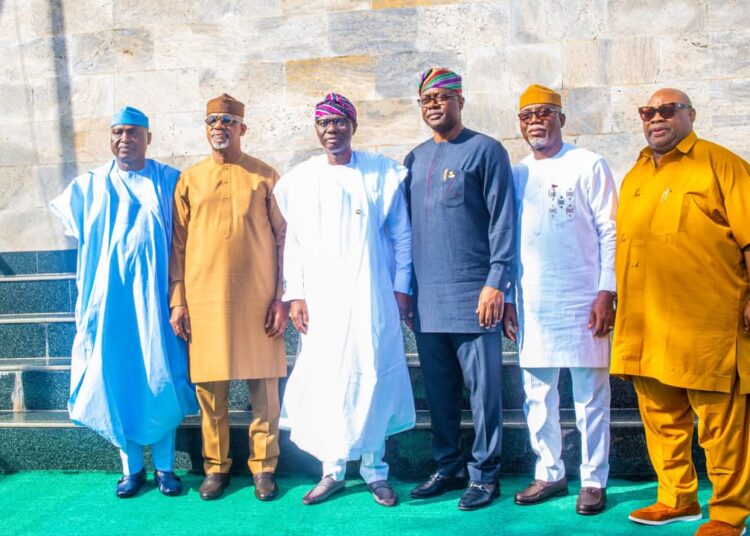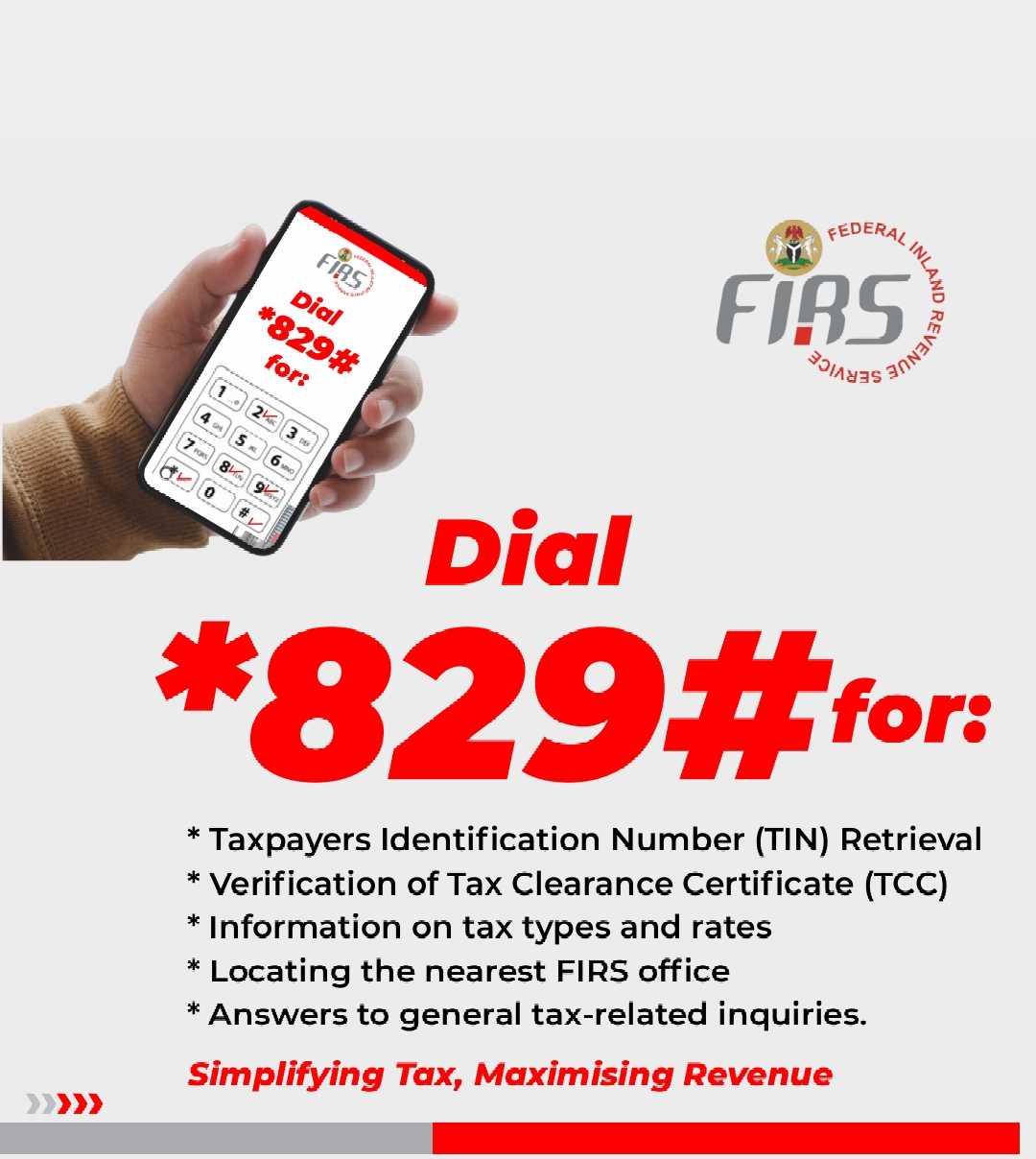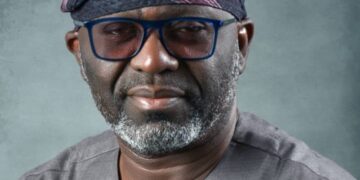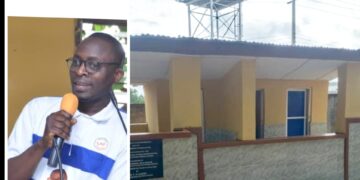Governance in the South-West geopolitical zone started in a different way when compared with the general Nigerian standard, either at the pre-independence period or the immediate post independence, especially up to the Second Republic
When the Western-styled governance model kicked off in Nigeria in the aftermath of amalgamation of 1914, the most popular political front was the National Council for Nigeria and Camerouns (NCNC), which later transformed to National Council for Nigerian Citizens, when the English-speaking Camerounians exited. Dr. Herbert Macaulay (1864-1946) was the political leader who later handed the structure to Dr. Nnamdi Azikiwe. The NCNC umbrella was going to capture the entire Southern Nigeria until Chief Obafemi Awolowo and a number of his compatriots deemed it fit to provide a distinct identity for the South-West
Alhaji Ganiyu Olawale Dawodu, better known as G.O.D of Lagos politics, detailed the exploits of Chief Obafemi Awolowo and his compatriots who formed the Egbe Afenifere, also known as Action Group in their bid to distinguish governance in the South-West. In his book, *Awo or Zik: Who won the 1951 Western Nigeria Election,* (first published in 1997), Dawodu provided details of how Chief Obafemi Awolowo and his colleagues in the Afenifere sold the idea of a unique governance identity to the South-West relying heavily on the traditional institution. At the time, the Lagos intelligentsia was already soaked in by the NCNC, thus creating a fierce contest for the Western House in the 1951 election. According to Pa Dawodu, the existence of what is today referred to as true federalism, whereby independent political parties like the Ibadan Peoples Party (IPP) and others operate freely, gave Awo the desired victory. Dawodu, who had joined the AG as a teenager, reported that the leaders of the West were able to convince the independent parties including the IPP, which had won all the seats in Ibadanland to yield their votes to the AG, to ensure the emergence of the unique system of government promised by Awo and Afenifere.
That led to what was wrongly reported in the media at the time as “Cross-Carpeting,” which Dawodu said had no such coloration, because the IPP and other independent political parties, which had won seats in Ondo, Ekiti and Kukuruku Division, who were never affiliates of the NCNC, only decided to give their votes to the AG and yield to it the control of the House.
Following its victory in the Western elections of 1951, the AG instituted a governance model that would define the Western Region and penetrate the psyche of its people as true examples of good governance. The party introduced free and compulsory education and free health policies, among others.
As much as persons of my age would only have read the pre-independence exploits of the AG in the books, we were the direct beneficiaries of the activities of the Unity Party of Nigeria (UPN), an offshoot of the AG, equally led by Awo in the Second Republic. We were beneficiaries of the free education policy, and we saw how the free health policy affected lives positively. We also saw how a responsible and responsive government operates in the lives of the people.
So, today, if the people of the South-West talk about governance, what they really have in mind is the type of governance premiered by the sage, Chief Obafemi Awolowo and his followers in the AG and UPN. One that ensured good life and prosperity in their communities.
Such was the motivating factor that propelled the people of today’s South-West to support the Alliance for Democracy (AD) tooth and nail in 1999, when democracy returned to the country. By linking the party to Awo and the late MKO Abiola, whose victory in the June 12, 1993 presidential election was wrongly annulled by the military to the AD, politicians immediately created instant sparks for the party in the South-West.
One would, however, need no hesitation to conclude that the failure of the AD governors in the South-West in 1999 to replicate something close to what Awo and AG did in their lives from 1951 to early 1960s as welk as the UPN between 1979 and 1983, created a bewilderment that eventually ushered in the Peoples Democratic Party (PDP) to a majority of the states in 2003.
Over time, however, governance in the South-West has continued to be Nigerianised to the extent that the avowed progressivism in governance rooted in the region has been practically wiped out.
When I served in the government of Oyo State, I was made to know that the state alone inherited nine farm settlements from the Western Region. I know that each of the states originally grouped under Western Region including today’s Ogun, Ekiti, Ondo, Osun, Edo and Delta also inherited such farm settlements where food and cash crops were produced in abundance. Today, most of such farms are moribund. The other day, Oyo announced the revival of Fashola farms and that it is working on Eruwa Farm estate, but the idea had drifted away from Awo’s original concept where small holder farmers had their space alongside the big players.
Looking at that scenario, you can easily sense why the Western Region under Awo was prosperous and the true pacesetter and why the eight states that emerged from the defunct region are struggling to feed themselves, even as they have to go into huge debts to fix infrastructure.
Today, it is easy to see different states in the original Western Region competing to own airports, when collaboration to build railways that would transverse Warri, Asaba, Benin, Akure, Osogbo, Ikeja, Agbado, Abeokuta, Ibadan, Oyo, Ogbomoso, en route Ilorin to link the North would enhance trade and transportation. You would wonder why Osun and Oyo cannot build a superhighway that would take people from Osogbo to Ibadan airport in 40 minutes or why Ekiti and Ondo cannot fix a major road to link Ado-Ekiti seamlessly with Akure airport. They can even toll such roads and make more money. You also wonder why states cannot collaborate and seek federal guarantees for offshore financial support to build power plants and produce power for the states in view of the abiku-like conduct of the electricity distribution companies.
One, however, has to single out Governor Babajide Sanwo-Olu of Lagos State for doing a good job in that state. His infrastructure initiatives can easily turn the fortunes of the state around.
These days, the Development Agenda for Western Nigeria (DAWN) Commission has been at the head of efforts to midwife a focused South-West and possibly return the prosperity of the region. I dare say that not much result has been seen. The region, which was built with cool money from cocoa and other cash crops today doesn’t have a policy that works for cocoa farmers. Nigeria is already trailing Ivory Coast and Ghana in cocoa production, even when the devalued naira would have guaranteed the farmers some good earnings in foreign currency.
In May, July, and October of 2024, there were reports in the media that detailed plans by the South-West Governors Forum to launch collaborative efforts in the fight against food insecurity in the region. The news items were sonorous in the ears of many, especially, when those reports provided insights into the resolve of the governors to accord priority to the production of rice, maize, cassava and poultry, aside the promise to revitalise the moribund dams in their domains.
At different meetings coordinated by the DAWN Commission, South-West governors gave something that looked like a notice that they were returning the zone to the Obafemi Awolowo era, when farm settlements litter the length and breadth of the old Western Region, making life more abundant for all. They talked about cluster farming and renewed attention to agriculture. A report claimed that the governors had mandated their Ministries of Agric to collaborate in the apparent determination to fight hunger. Months after the first meeting in Ibadan, the DAWN Commission would sadly report progress in October 2024 that “cross-ministerial collaboration was lacking” for the advertised measures including the resolution to have a region-wide Agricultural Data Management and Information System and collaboration for a truly integrated agricultural ecosystem in the South-West.
Rather than holding a series of meetings on the way forward, the states need to take practical steps. Each of the states can start by mandating local governments in their domain to start acquiring land to be allocated to small holder farmers for cultivation of crops and food items the area is good in. The state governments can come in by acquiring land for big-time farmers and assisting with the necessary tools. When it takes a man 20 years to learn how to demonstrate madness, how many years will the madness even stay in his system? That’s a literal translation of a Yoruba proverb, and it should ring in the ears of their Excellencies.
(Published in the Sunday Tribune, January 19, 2025)













